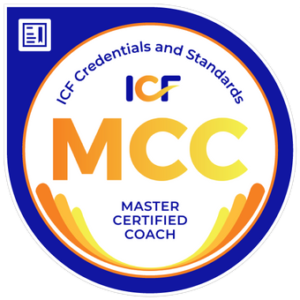
Balanceability is a word I coined that means the ability to balance your life. Erik Erikson, the father of balance research, identified 8 stages of psychosocial balance. Each stage represents an internal conflict–a crisis–that people experience as they grow, with positive and negative turning points. According to Erikson, in order to live a healthy life, we need to discover the balance between the positive and negative elements of these crises.
The first stage is trust versus mistrust.
Typically, this stage is from birth to 18 months, though, as with any stage, you can go in and out throughout your lifetime. And Erikson isn’t alone in his theory. Scores of psychologists have written about the importance of the first two years of life on personality development. Do you know much about your first two years? Ask your parents, caregivers, and extended family to fill in the blanks–you might be surprised.
Some questions to ask:
- As an infant, could I trust that my parents would care for me when I needed them?
- In my early years, did I discover that life was safe or unsafe–fair or unfair?
- Did I experience trust or mistrust with people in my life?
- Did I begin to believe that I was okay or not okay?
These are the types of experiences that develop your basic sense of trust or mistrust. We need a healthy balance of both. Trust helps us to form attachments, relationships, and friendships with self, family, friends, and the world around us. Mistrust helps us protect ourselves from hurtful people and situations. Problems arise when we’re out of balance on either side.
Too much trust can make you gullible, naive, or Pollyanna-like, making you a target for being taken advantage of in life.
Too much mistrust can make you critical, guarded, pessimistic, and unfulfilled in relationships.
In his book Encounters With the Self, author Don Hamachek summarizes the implicit attitude of a person experiencing trust and mistrust.
Trust is…
- I’m okay, you’re okay
- Life is generally fair and good to me
- I’m willing to share what I have
Mistrust is…
- You’re not okay, I’m not okay
- Life is generally unfair and unkind to me
- I’m not willing to share what I have
Here are 3 tips on developing a healthy balance between trust and mistrust:
- View people as good, but realize they are human and will eventually disappoint you. When this happens, it’s not the end of the world because, at their core, people are good and the world is generally a good place.
- Practice creating a balance between giving and receiving personal information. Be aware–can the person you’re engaging with match your self disclosure?
- Balance the favors, compliments, possessions, and gifts that you give and receive. Giving too much or too little will ultimately disrupt the equilibrium in your relationships.
How’s your balanceability between trust and mistrust? What do you need to do to achieve a happy, healthy balance?





